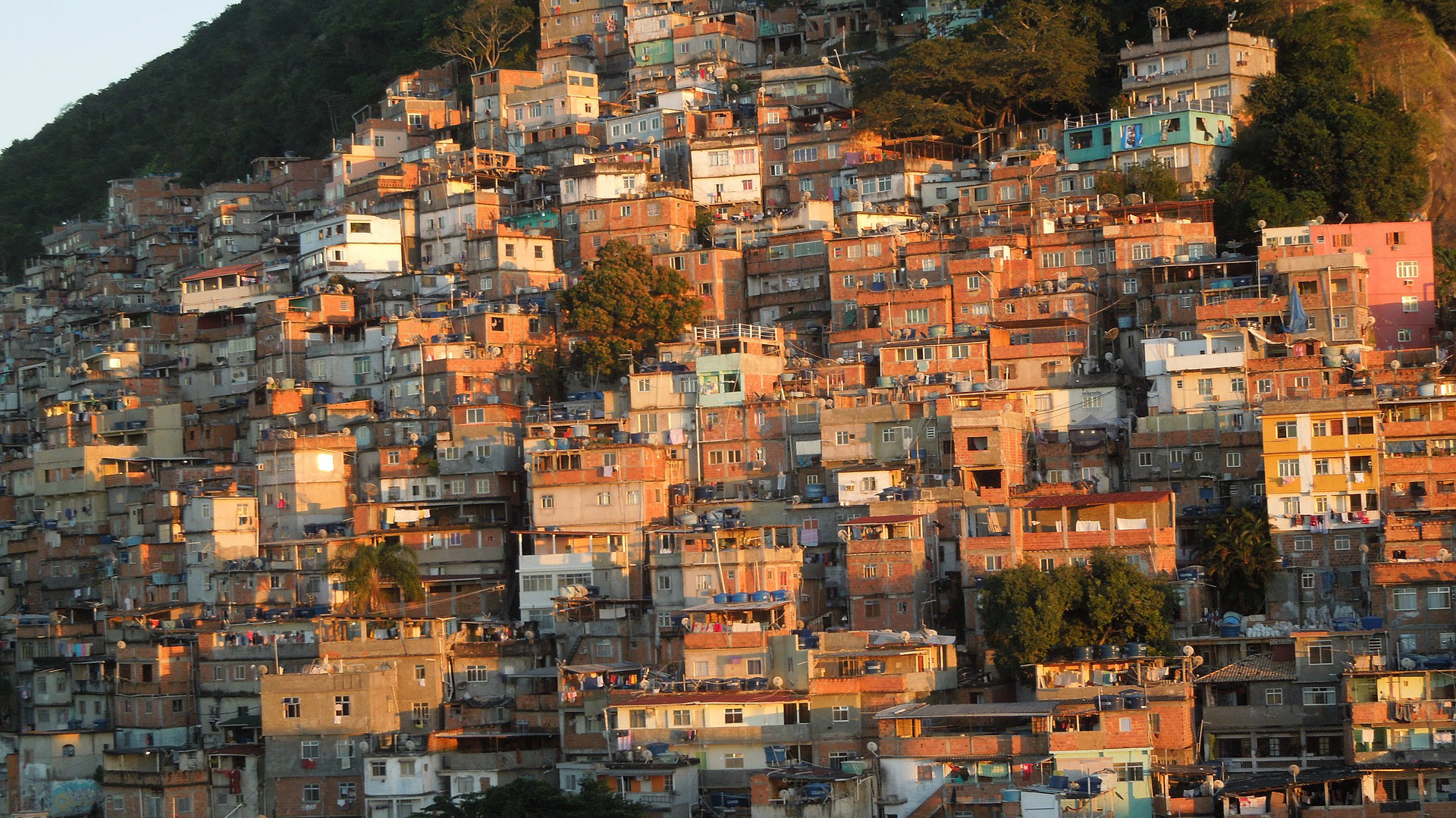The Cohesive City: Addressing Stigmatisation in Disadvantaged Urban Neighbourhoods
The project addresses urban disadvantage and territorial stigmatisation by bringing together actors to co-create understanding of marginalised neighbourhoods.

This four-year project aims to address urban disadvantage and territorial stigmatisation, by bringing together different actors such as researchers, policy makers, residents and artists, to ‘co-create’ understanding about marginalised neighbourhoods and to address disadvantage.
The 'Co-Creation' project will seek to learn about marginalisation in cities across the EU and in Latin America, including favelas in Rio de Janeiro, informal settlements in Mexico City, Parisian suburbs and specific neighbourhoods in Oxford. The project aims to develop new methods using techniques such as digital ethnography, which ultimately will have an impact on the communities who live in these neighbourhoods, addressing stereotypes and stigmatisation.
Bringing together the skills of the partners involved, including in film and video, participatory methods and ethnographic research the project hopes to develop new ways of addressing disadvantage and stigmatisation to improve people’s lives.
The project will run a series of international events, including:
- five International Conferences
- two Summer Schools
- stakeholder workshops
- seven case studies in the partner cities with participation from local communities and artists
Project team
- Juliet Carpenter, Oxford Brookes University (Principal Investigator)
- Ana C Dinerstein, University of Bath
- Christina Horvath, University of Bath
Funder
This project has received funding from the European Union’s Horizon 2020 research and innovation programme under the Marie Skłodowska-Curie grant agreement (number 734770).
